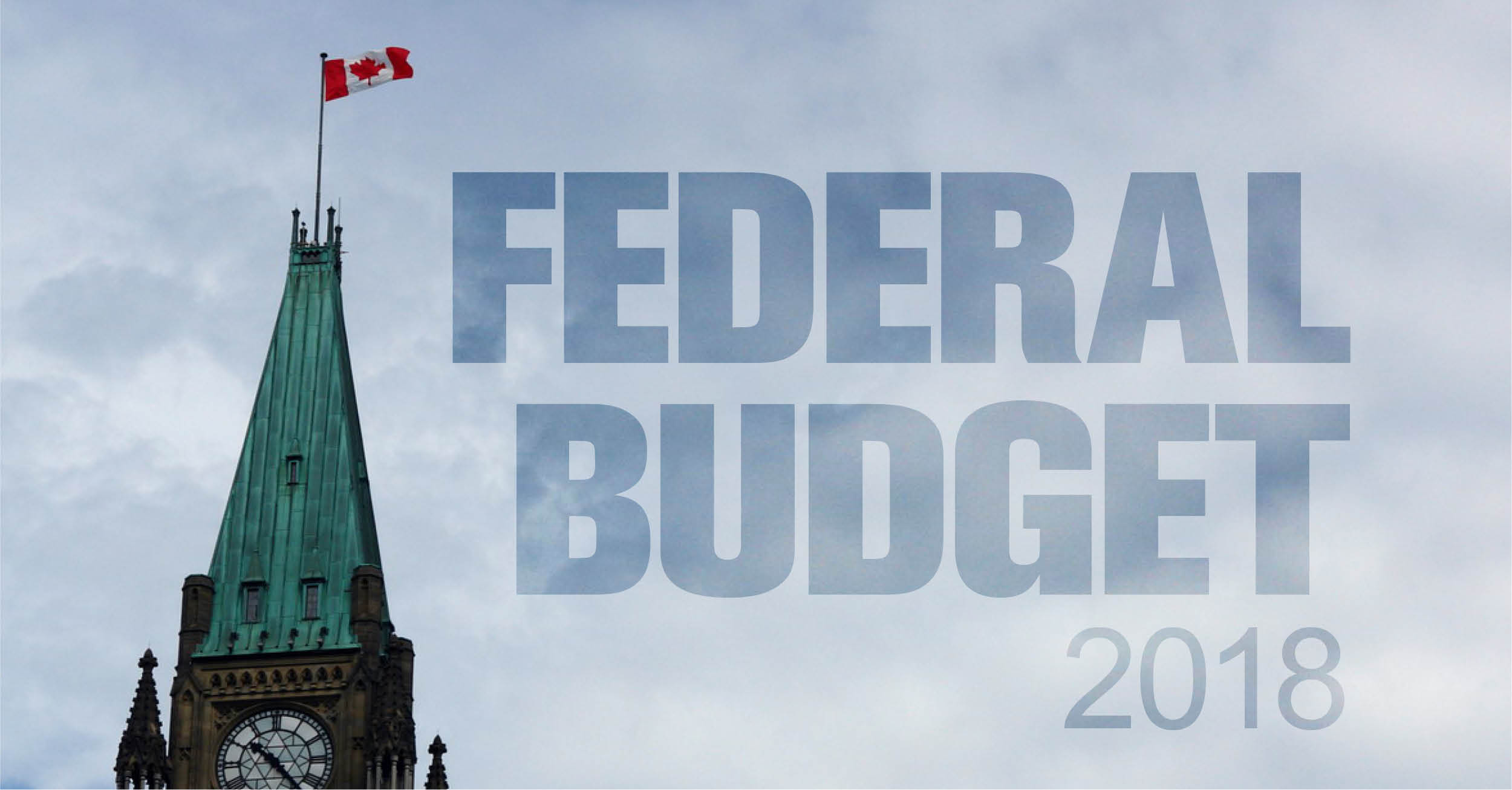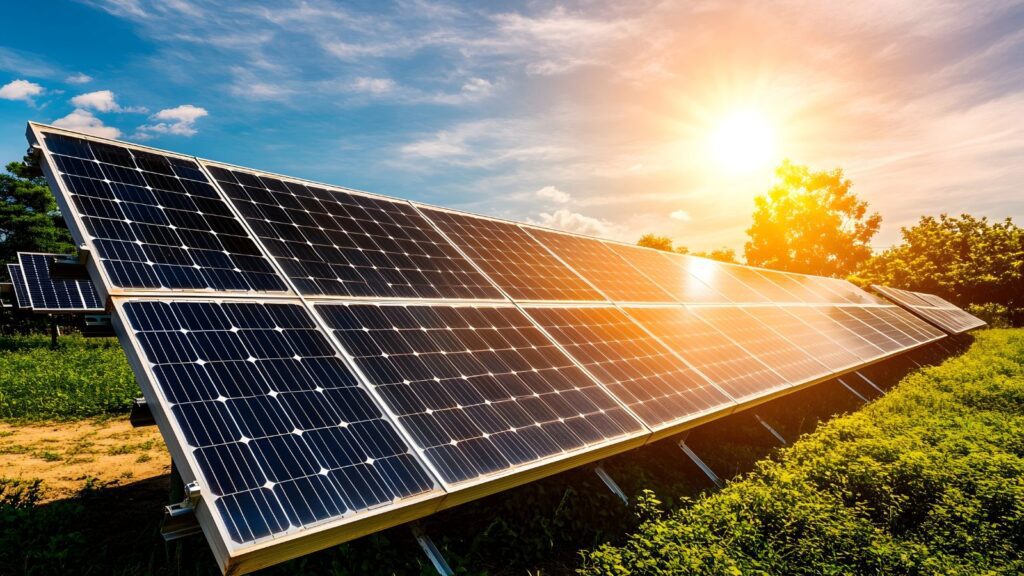A deep dive into the 2018 budget shows that the federal government spends significantly more taxpayer money on subsidies to oil and gas companies than it does on affordable housing, environmental protection, and home care and mental health funding for provincial governments.
Act now: Tell the federal government to stop giving money to fossil fuel companies.
Last week, the federal government released #Budget2018, its annual spending plan for Canada. I finally found some time to dig in to the fine print.
Although the feds made some laudable investments to bolster environmental law reforms, protect nature, and implement carbon pricing across Canada, they failed to make any progress on their commitment to phase out subsidies to oil and gas companies.
Our most recent estimate has the federal government giving about $1.6 billion in handouts and tax breaks to oil and gas companies every year. This is in addition to fossil fuel subsidies from provincial governments.
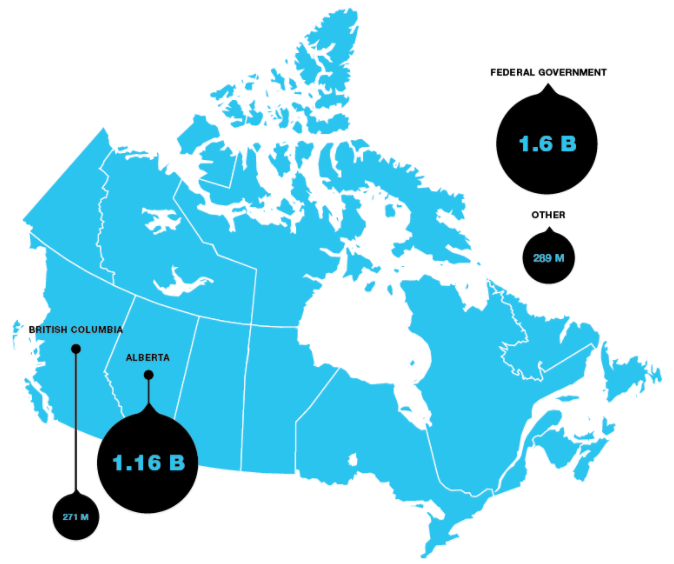
That’s a lot of money to give to companies that are causing climate change and polluting our water, air and land. Digging into the fine print shows a universe of better uses for a comparable amount of money.
Judge for yourself: here’s a list of five things the federal government is spending less on than handouts to fossil fuel companies in #Budget2018:
- Protecting nature and strengthening environmental laws. Environmental Defence applauds #Budget2018’s $1.3 billion investment over five years to protect nature, parks and wild spaces (p.149-50). We also welcome the government’s five-year, $1 billion investment to support and implement new environmental protection laws (p.151). But these environmental measures are a fraction of the $1.6 billion given annually to the oil and gas companies that accelerate climate change and pollute our water, air and land.

- The safety, security and well-being of Indigenous children. Indigenous children under the age of 14 make up 7.7 per cent of all children in Canada, but represent more than half of all children in foster care. The federal government is taking positive steps to support Indigenous children and keep families together by investing more than $1.4 billion over five years in First Nations Child and Family Services (p.130). But the amount in federal subsidies given to oil and gas companies in one year is $200 million greater than support for Indigenous children over five years.

Photo credit: Health Canada - Home care and mental health. The feds are sending $900 million in 2018-19 to other levels of government for home care and mental health, both critical needs as Canada’s population ages and mental health problems worsen. This rises to $1.5 billion in 2021-22, but that’s still $100 million less than subsidies to fossil fuel polluters (p.324).

Photo credit: SEIU Healthcare West - Affordable rental housing. The Canadian Mortgage and Housing Corporation has committed nearly $1.4 billion to build more rental housing for Canadian families—again over five years. This means subsidies to oil and gas companies for one year are larger than five years of federal support for affordable rental housing. (P. 332)
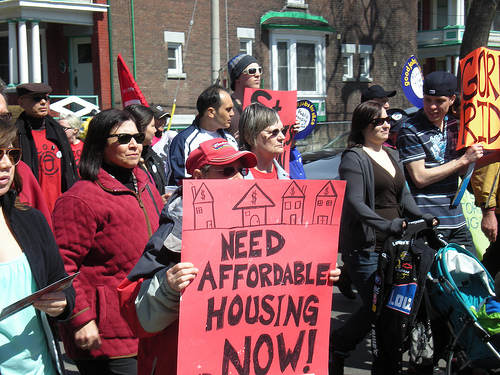
5. Shared Employment Insurance benefits for parental leave. The government is providing a new EI Parental Sharing Benefit worth $1.2 billion over five years to enable additional weeks of benefits for parents who want to share parental leave (p.46). This is welcome assistance for new parents, but it could help a lot more families if the government threw in an extra $1.6 billion instead of padding the pockets of oil and gas companies.
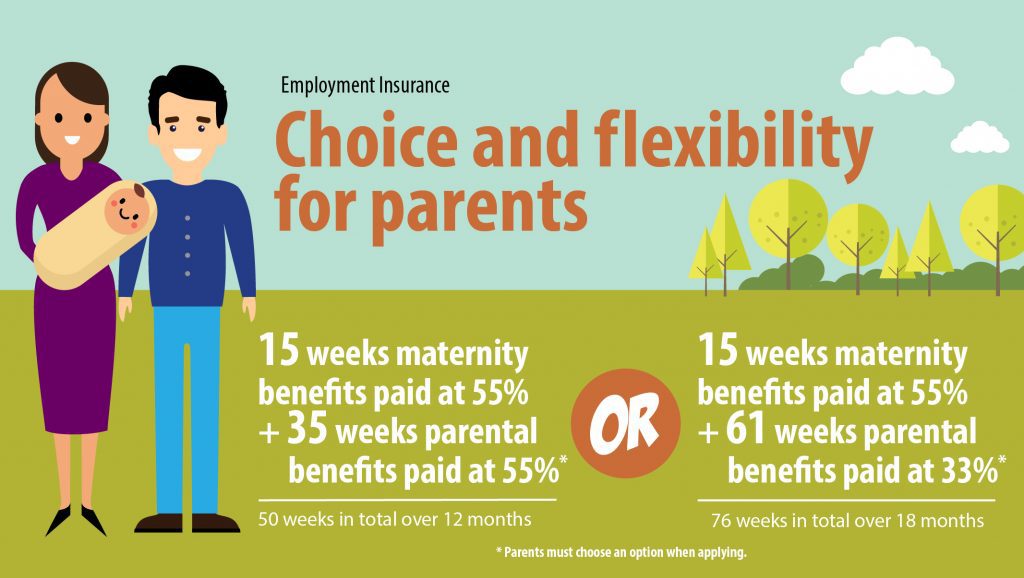
Public subsidies to oil and gas companies have been called the world’s dumbest policy. They’re expensive and we can do much better things with the money. The federal government claims to have its priorities straight, but giving $1.6 billion to climate polluters is counter-productive.
Tell the federal government to stop handing out public money to oil and gas companies.



